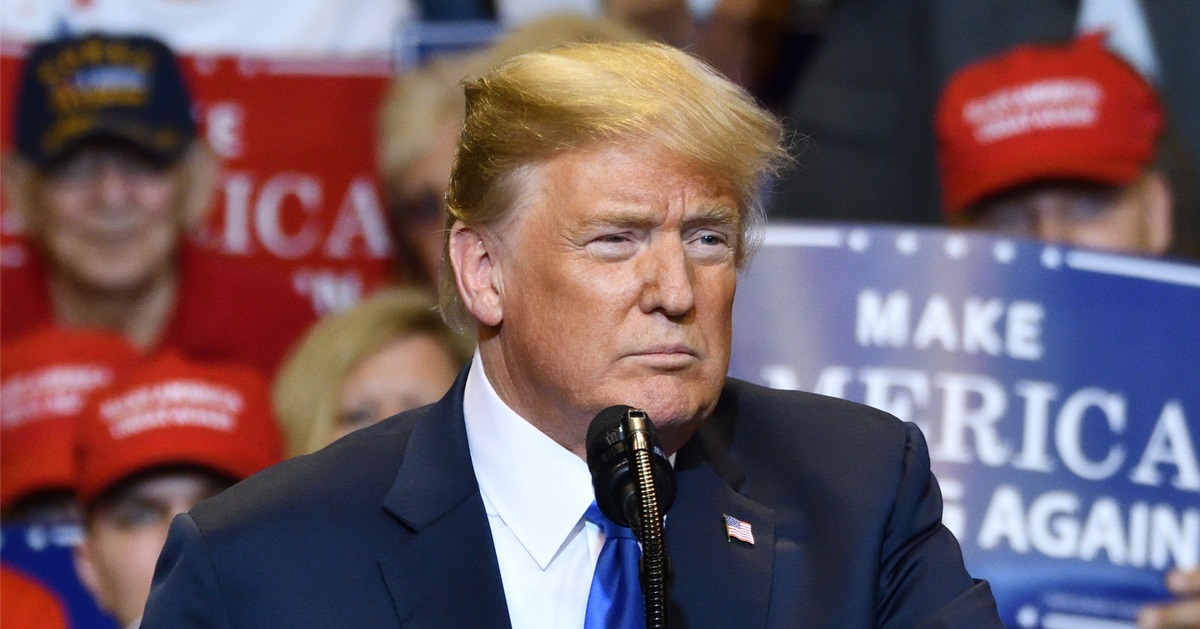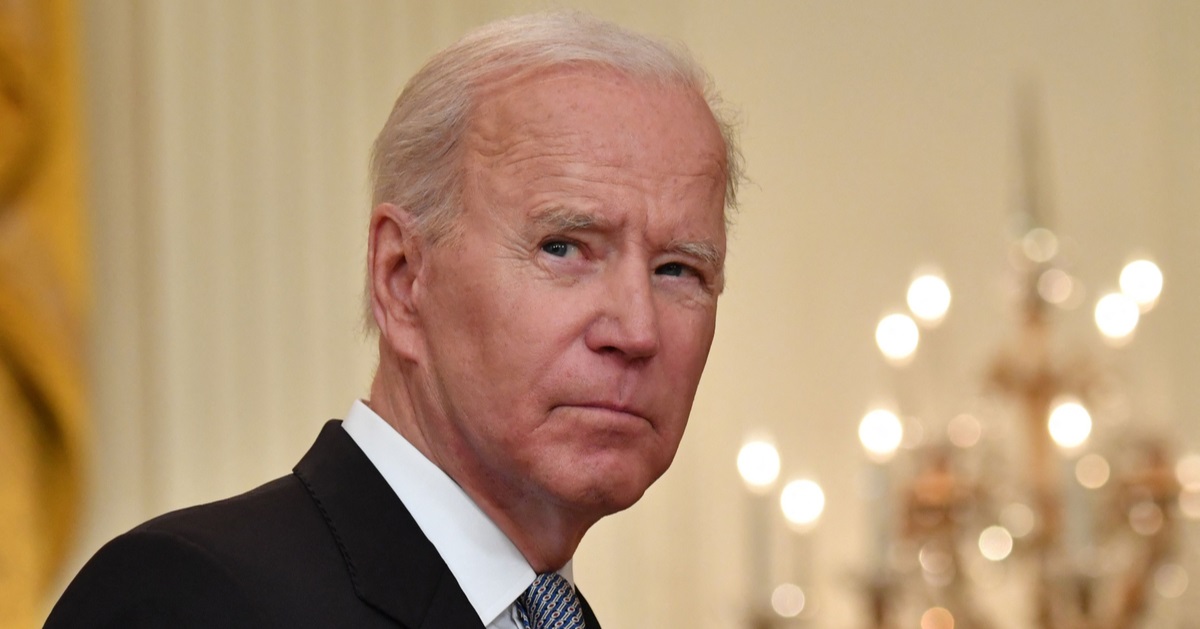Supreme Court finally makes birthright citizenship decision
The Supreme Court of the United States finally took on a key issue that has been haunting the current administration in recent months.
Thanks to his decision to take on illegal immigration, President Donald Trump has launched a multi-pronged approach to the fight against what he calls an invasion.
In addition to beefing up the border and increasing deportations, Trump has also vowed to deal with birthright citizenship, which has been a trying legal debate for some time.
Because of the renewed executive branch attention, the Supreme Court has finally decided to take up the issue after an appeal made it to the nation's high court, hopefully starting a process that will end the debate for good.
Case Hearing
The case to modify the conventional understanding of birthright citizenship makes its way to the court this week, The Hill reported.
This will be the first time in his second term that the justices will consider a major administrative action from the bench.
For how, the justices will not rule on the legality of Trump's order that stops the automatic citizenship of children born to noncitizens.
So far, the administration's only request to the court has been to limit the countrywide scope of numerous injunctions issued by district judges, which they claim went too far.
Presidential challenges
On the very first day of his reelection, Trump shook up the established quo with his change to the policy. He signed an executive order limiting the right to citizenship for children of non-citizen parents who are born in the United States.
The presidential order has already been subject to ten challenges, some of which have made it to the Supreme Court's docket to be heard in the near future.
On Thursday, however, the justices will only hear oral arguments regarding countrywide injunctions in an unusual emergency appeal. The court will likely decide whether lower courts can issue injunctions halting executive orders in cases on this topic.
Still, the Citizenship Clause of the 14th Amendment is a hotly discussed topic that has the potential to go all the way to the Supreme Court and is attracting attention from all corners of the political spectrum, including conservative legal circles.
From talking heads
The conservative legal community is speaking out about Trump's decision, which has sparked a heated argument.
In February, two law professors brought the issue to the public's attention when they hinted that the Supreme Court could rule in favor of Trump in a New York Times op-ed.
“When they finally consider this question, the justices will find that the case for Mr. Trump’s order is stronger than his critics realize,” wrote University of Minnesota law professor Ilan Wurman and Georgetown University law professor Randy Barnett.
Expert opinion
That argument was made by Kurt Lash, a constitutional scholar and law professor at the University of Richmond, in a February study initially posted to the online research site Social Science Research Network.
A wider range of legal experts have contributed to and critiqued his most recent versions.
Since noncitizens purposefully entered the country illegally and also refuse to "formally present themselves" to American authorities, he contends that children born to noncitizens today are "analogous" to Native Americans at the time of the 14th Amendment who did not acknowledge the United States' sovereign authority.
“Although the children would have presumptive citizenship, that presumption would be rebutted by their birth into a familial context of refused or counter-allegiance to the American sovereign,” he wrote.




